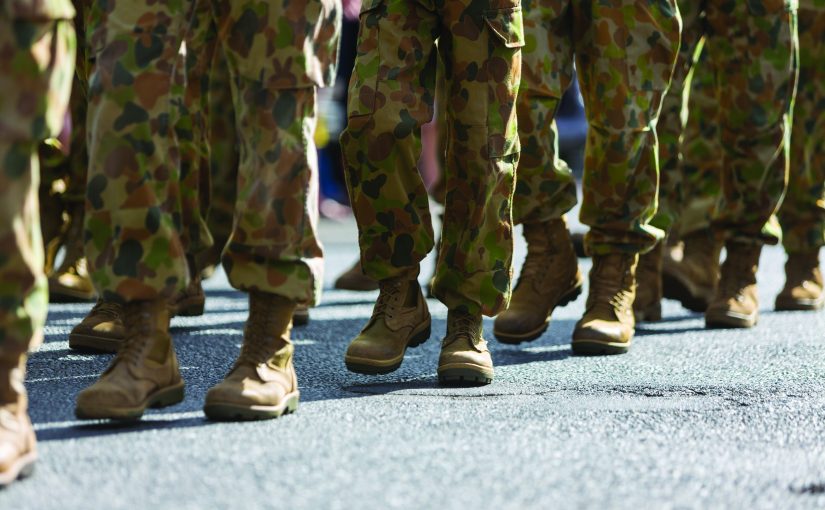
U.S. Army Military Police (MP) arrived in Baghdad, Iraq, in 2003 with the leading combat units and quickly transitioned into a role of supporting local police officers and, eventually, reestablishing a police force after the Coalition Provisional Authority disbanded all Iraqi Security Forces. These were exceptionally challenging tasks, given the low level of respect for the regional police and, often, outright fear of law enforcement by the local Iraqi population. During Saddam Hussein’s reign, police frequently committed gross human rights violations, including torture, forced disappearances, and assassinations. They also forced their will on the population through extortion, rape, and corruption. In this complex civil environment, the MPs worked every day in order to reestablish order, all in the midst of ongoing combat operations. Thanks to the experiences of MP leaders from across the three components of active duty, U.S. Army Reserve, and U.S. National Guard, the MP Corps was able to successfully respond to the problems.
Chief Robert Paoletti, currently a civilian police chief with the Redding, California, Police Department, was a lieutenant colonel (LTC) and commander of the 185th MP Battalion, 49th MP Brigade, and had been deployed multiple times to Iraq. On his first tour to Iraq as the Brigade Inspector General, LTC Paoletti used his experience as a civilian officer with the Stockton, California, Police Department to assist the Baghdad police in establishing an internal affairs system, which would help gain the trust of Iraqi citizens by providing the community with a functional complaint system. During his second tour to Iraq, LTC Paoletti noticed that multiple Iraqi Police organizations in the Baghdad Province did not coordinate well, if at all, during catastrophic incidents. He used his Incident Command System training and experience to teach the Iraqi Police how to coordinate and manage serious incidents such as bombings. LTC Paoletti’s partners in the Iraqi Police knew he had civilian policing experience, which allowed for a much greater rapport with Iraqi police officers. His civilian police training and experience, especially with regard to community policing, was extremely applicable to training the Iraqi Police.


